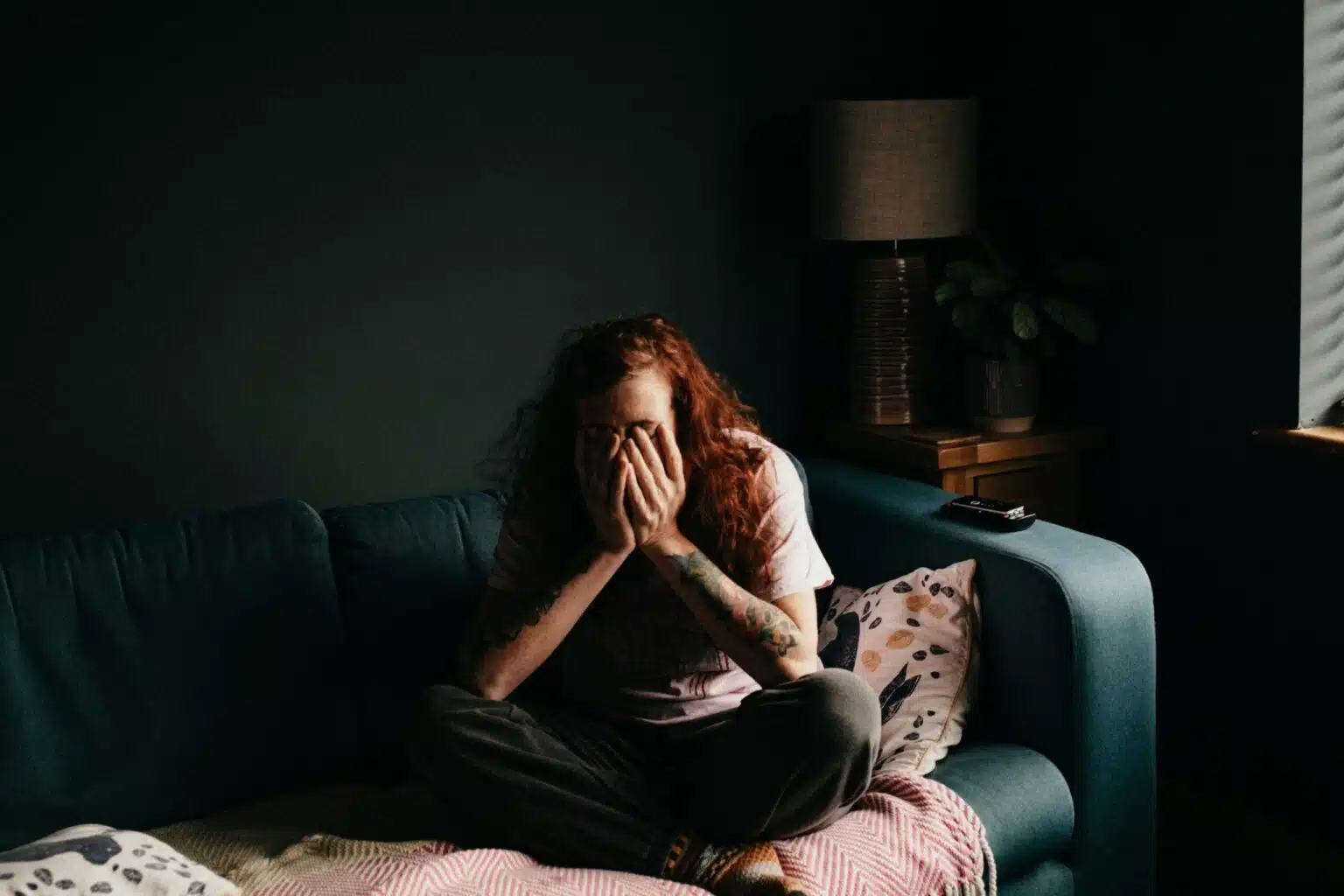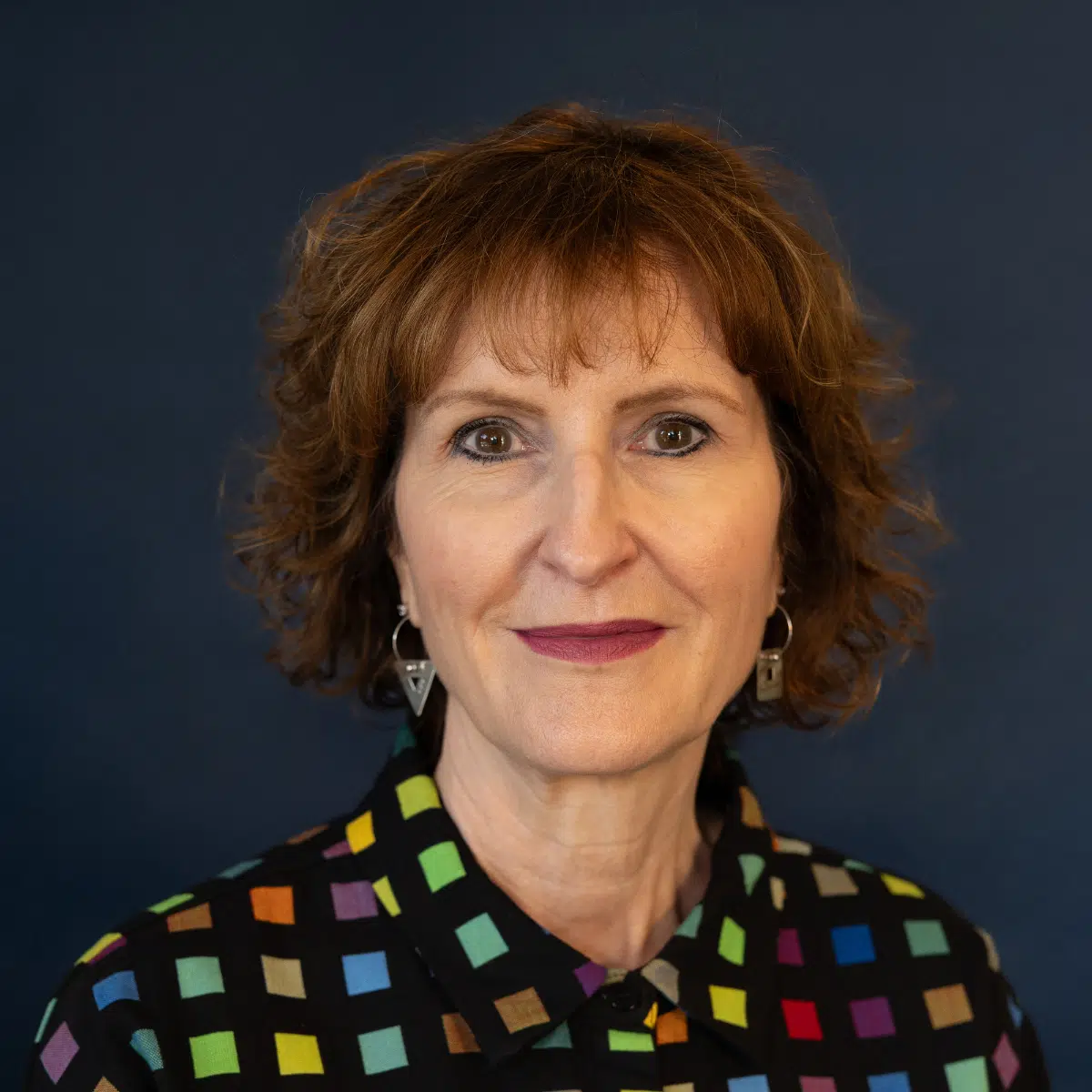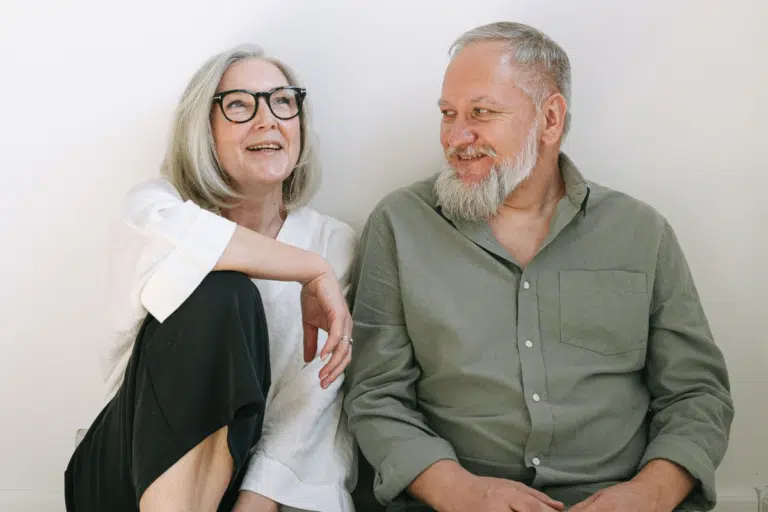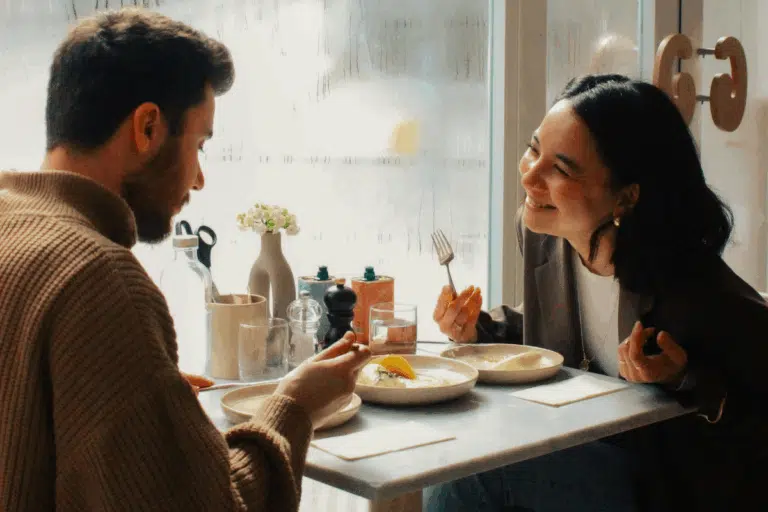Isolamento, solitudine e la scarsa connessione sociale sono fattori critici della cattiva salute mentale, eppure la nostra risposta resti frammentato. In un sistema teso e medicalizzato, le persone vengono valutate in base ai loro sintomi e alla loro gravità, non come persone complete in un contesto sociale.
Assistenti seduti fuori dalla porta dell'ufficio o in attesa a casa – famiglie, partner, vicini, pagati e non pagati – vengono spesso trascurati, nonostante siano fondamentali sia per il problema che per la soluzione.
Per chi è alle prime armi con le problematiche legate alla salute mentale, il sistema è complesso, isolato e, ironicamente, isolante. Molti escono dal primo appuntamento sopraffatti, con una lista di indirizzi da consultare da soli. Come possiamo aspettarci che le persone in difficoltà trovino la strada in una struttura che tratta i sintomi in modo parziale, ignorando il tutto?
La connessione è essenziale
Per gran parte della storia umana, la sopravvivenza è dipesa dal villaggio che ci circondava. Man mano che la società è diventata più individualista, noi abbiamo hanno perso di vista quanto siano vitali le nostre connessioni, non solo per il benessere personale, ma anche per la salute e la resilienza della comunità.
Gli assistenti sono il collante che mantiene in funzione un sistema teso. Troppo spesso Loro sono dati per scontati o addirittura incolpati, nonostante siano fonti inestimabili di supporto e intuizione. La loro salute è frequentemente trascurati – notati solo quando diventano loro stessi pazienti.
Come psicologo clinico e CEO di Relationships Australia NSW, vedo entrambi i lati dello spettro terapeutico. Da oltre 25 anni, Io ho abbiamo visto come un intervento precoce, ovvero fornire alle persone le competenze e le risorse per costruire connessioni sicure e sane, possa cambiare la vita.
Dove il conflitto si inasprisce, le relazioni si logorano e i problemi si ripetono non posso essere interrotti, la salute mentale ne soffre. L'isolamento sociale colpisce non solo i singoli individui, ma interi gruppi familiari, poiché gli amici si allontanano durante le lotte prolungate.
Fornire alle persone gli strumenti per esprimere le proprie preoccupazioni, elaborare strategie per vecchi problemi e comunicare in modo più costruttivo può cambiare il corso della vita molto prima che l'ansia o la depressione prendano il sopravvento.
"Dare alle persone gli strumenti per esprimere le proprie preoccupazioni, sviluppare strategie per vecchi problemi e comunicare in modo più costruttivo può cambiare il corso della vita, molto prima che l'ansia o la depressione prendano il sopravvento."
Elisabeth Shaw, CEO, Relationships Australia NSW
Lo vediamo ogni giorno. Nei nostri studi di consulenza, gli effetti della disconnessione sono evidenti: coppie in crisi, adolescenti che si ritirano nelle loro stanze, anziani australiani che subiscono abusi da parte di un familiare, assistenti che si isolano.
Sappiamo che la connessione è protezione, ma le relazioni solide non nascono per caso. Si costruiscono attraverso competenze, supporto e impegno costante.
Una crisi di connessione
La ricerca supporta sempre di più ciò che i professionisti sanno da tempo. L'Organizzazione Mondiale della Sanità definisce la salute come "completo benessere fisico, mentale e sociale". Eppure, il "sociale" rimane un aspetto secondario. Dolore fisico? Consultare un medico di base. Ansia? Richiedere una consulenza psicologica.
Ma gli esseri umani sono predisposti alla connessione. Il benessere sociale è un pilastro della salute, essenziale quanto la cura fisica e mentale. Le relazioni attenuano lo stress, regolano il nostro sistema nervoso e ci sostengono nei periodi più difficili della vita.
La solitudine è ormai riconosciuta come un problema di salute globale. Uno su sei In tutto il mondo le persone sono sole, contribuendo a circa 870.000 decessi all'anno. I suoi effetti sono visibili ovunque: sul tragitto in autobus per andare al lavoro, dove nessuno incrocia lo sguardo, nelle case dove le coppie si sentono invisibili e nelle amicizie sostituite dai feed digitali.
La solitudine cronica compromette il sistema immunitario e digestivo, aumenta le risposte alle minacce e porta a conseguenze a lungo termine sulla salute. Eppure, nella nostra sondaggio, 48% delle persone che soffrono di disagio relazionale hanno dichiarato di affrontarlo da sole.
Allora perché consideriamo le relazioni sociali come periferiche, anziché centrali per la salute mentale? Perché il supporto relazionale non è accessibile e normalizzato come la visita dal medico di base?
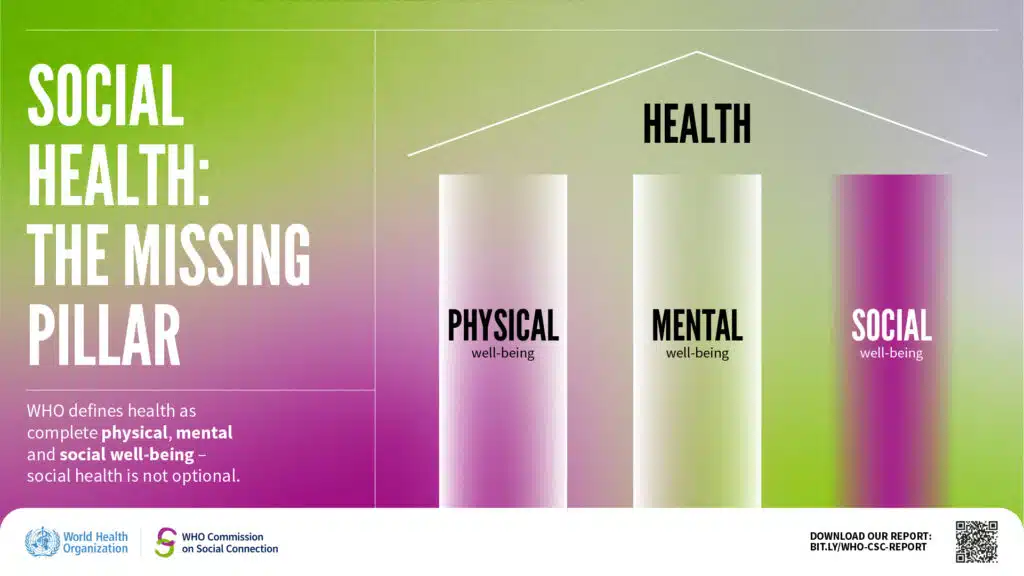
I modelli integrativi sono la via da seguire
Nonostante le persistenti carenze del sistema di salute mentale, si notano segnali di cambiamento. Molti dei nuovi Centri per la Salute Mentale del governo federale stanno sperimentando modelli integrati, affiancando agli psicologi servizi di relazione e professionisti dell'esperienza vissuta.
La prossima settimana aprirà un nuovo Centro di Salute Mentale Medicare a Campbelltown, nel Nuovo Galles del Sud, che integrerà in modo innovativo il supporto relazionale nell'assistenza clinica. Con l'apertura di nuovi centri in tutto il Nuovo Galles del Sud, intravediamo un reale potenziale per servizi collaborativi e integrati che interagiscono in modo armonioso per rispondere alle esigenze della persona nel suo complesso e del suo mondo sociale.
È un cambiamento promettente, ma è solo l'inizio. Se vogliamo un cambiamento duraturo, il supporto relazionale deve essere al centro del sistema di salute mentale, non ai suoi margini.
Dopo decenni trascorsi ad ascoltare le persone più vulnerabili, una lezione emerge chiaramente: le persone non hanno bisogno di vite perfette per prosperare. Hanno bisogno di reti forti e di supporto, e di sistemi che riconoscano la loro importanza.
Indissolubilmente legati: quando investiamo nelle relazioni, investiamo nella salute mentale.


